Task Force on CORDEX CORE CMIP6
Description
The Coordinated Regional Climate Downscaling Experiment (CORDEX) was established in the late 2000s to advance regional climate downscaling science through global collaboration.
Initially, CORDEX focused on Regional Climate Models (RCMs), producing ensembles of projections across most continents and their analysis and distribution to users. However, these ensembles varied significantly in their numbers of simulations and models used, with larger ensembles for regions like Europe and Africa, and smaller ones for areas such as Central Asia and Australasia. This inconsistency limited the transferability of knowledge and hindered globally-coordinated use of data for impact studies and climate services.
To address these challenges, the CORDEX Coordinated Output for Regional Evaluations (CORDEX-CORE) initiative was launched. Its aim is to produce a homogeneous set of 21st-century high resolution climate projections using a standardized simulation protocol. This involves downscaling a core set of Global Climate Models (GCMs) with a core set of RCMs across all (or most) CORDEX continental domains, ensuring for each domain an ensemble of reasonable size as well as the consistency and comparability of data across domain, for improved regional climate assessments and applications.
The first CORE experiment has been highly successful in creating a valuable dataset that has significantly contributed to the scientific literature across all land regions of the world. It has also played an important role in the IPCC AR6 report, contributing to the regional climate change assessments and providing a large number of the total CORDEX simulations for the IPCC-ATLAS, which has now become a supported product of COPERNICUS.
Despite the substantial growth of the scientific community involved in the CORDEX project in recent years, there remains a noticeable imbalance in the literature and data availability across different CORDEX regions. To address this, the primary objectives of this Task Force are (i) to establish a protocol to ensure a homogeneous downscaled ensemble aligned with each CMIP cycle; (ii) to foster collaboration across CORDEX communities to address common research questions, such as climate mean and variability, extremes, and hazards, as well as scientific topics spanning multiple regions (e.g., monsoons, tropical and extratropical cyclones, teleconnection patterns); (iii) to build scientific connections with global initiatives like CMIP and HiResMIP, as well as the global impact modeling community (ISIMIP); (iv) to support the functionality of other CORDEX Task Forces, such as those focused on Machine Learning-based downscaling, Regional Ocean Climate Projections and Convection-Permitting Modeling.

Coordinators
Claas Teichmann claas.teichmann@hereon.de
Erika Coppola coppolae@ictp.it
Members
| Name | Institution/domain and/or expertise |
| Erika Coppola coordinator |
ICTP, Trieste, Italy/ SAT - RCM - emulators |
| Claas Teichmann coordinator |
GERICS, Hamburg, Germany / RCM |
| Shabeh ul Hasson | University of Hamburg, Hamburg, Germany |
| Moetasim Ashfaq | ORNL, USA / RCM |
| Shaukat Ali | POC Central Asia - ESD |
| Melissa Bukovsky | Univ. of Wyoming, USA / SAT - RCM - ESD |
| Tereza Cavazos | CICESE, Mexico / SAT - RCM |
| Marianna Adinolfi | CMCC, Italy / RCM |
| Jesús Fernandez | IFCA, Santander, Spain / SAT - RCM |
| Erasmo Buonomo | UKMO / RCM |
| Adam Jaczewski | IMWM, Warsaw, Poland |
| Ozan Mert Göktürk | NORCE, Bergen, Norway / RCM |
| Maria Laura BEttolli | University of Buenos Aires, Argentina / ESD |
| Rosmeri Porfirio da Rocha | USP, Brazil / RCM |
| George Zittis | CYI, Nicosia, Cyprus |
| Sushant Das | India / RCM |
| Tannecia Stephenson | UWI, Jamaica / RCM |
| Eun-Soon IM | HKUST, Hong kong / RCM |
| Chris Lennard | UCT, South Africa / RCM |
| Grigory Nikulin | SMHI, Sweden / RCM |
| Samuel Somot | CNRM, Météo-France, Toulouse France / RCM |
| Jason Evans | UNSW, Sydney, Australia / SAT - RCM |
| Christian Steger | DWD, Offenbach, Germany / RCM |
